Enlarge image
Lesson while turning the plate: At the College of Magic in Cape Town, the children and young people come from the townships of the suburbs or from affluent neighborhoods
Photo:
Tommy Trenchard / DER SPIEGEL
On unicycles they circle around the sealed fountain on the forecourt, show themselves card tricks and throw clubs, balls or tires into the air.
While the other children and young people practice juggling, Khanya Ncusane holds up a wooden stick and rotates a plastic plate at the tip.
“Great, see what I can do,” the eleven-year-old calls out.
The College of Magic's new beginners course has begun.
For more than a year, the School of Wizardry in the Cape Town district of Claremont was closed because of the pandemic.
It can finally open again on a sunny Saturday at the end of April.
At nine o'clock sharp the big gong sounds three times.
The children run into the two-story Victorian mansion, built in 1899. It looks as if a Sleeping Beauty's castle has awakened from its deep sleep.
Both inside and out, a lot is reminiscent of Hogwarts, the boarding school for witchcraft, and the adventures of Harry Potter: oxblood-red walls, heavy, dark curtains, cobweb chandeliers, secret doors disguised as bookshelves, the corridors adorned with puppets, circus posters and Images of magicians, clowns and illusionists.
Khanya runs into the back room on the ground floor, where eight students have already gathered.
Sam, Ovayo, Unako, Shane, Lulo, Sarah, Uthandi: girls and boys aged ten to 15, with light or dark skin color.
They come from the townships of the suburbs or from affluent neighborhoods, from poor or rich backgrounds, from Christian or Muslim families.
Some are chauffeured to school in SUVs, others get out of overloaded minibuses.
"We represent the diversity of South Africa," says teacher Yadhir Maharaj, 24. His ancestors were wage slaves who immigrated from India.
He works as an IT expert in a software company, every Saturday he volunteers teaching in college.
Close-up magician and entertainer Anele Dyasi, 23, also works as a volunteer teacher at the College of Magic.
At the age of ten he took the first course at the magic school, five years later graduated from college with a diploma.
Dyasi is one of the stars among Claremont's apprentices.
He has won several awards in competitions and represented South Africa internationally, in Beijing and even in Las Vegas, where he appeared at the Orleans Theater and met David Copperfield.
Most valuable thing he learned in College of Magic?
Dyasi doesn't have to think twice about: "Good English and self-confidence." His home was Khayelitsha, the largest township in Cape Town, where almost all black people live.
"I'm grateful to college for getting out of there," says Dyasi.
“Because it is an opposite world, an island of tolerance and mutual respect.
There is no racism here. "
It takes a long time to look for such places in South Africa.
Because the vision of a rainbow nation has faded 27 years after the fall of apartheid: The ethnic groups are noticeably drifting apart, racist incidents are on the rise, public life, residential areas, beaches, parks, pubs and means of transport are again segregated according to skin color in many places.
The wealth gap between black and white citizens is as deep as ever.
At the gate of the college that morning a lanky man stands greeting the stragglers.
Dark suit, silk pocket square, red tie, very British in appearance: David Gore, 60, the director, trained lawyer, magician and entertainer.
Gore founded the College of Magic 41 years ago as a nonprofit that lives entirely on donations.
"We attach great importance to diversity and want to be a microcosm of our multiethnic nation," says Gore.
"This is about a lot more than a few magic tricks."
The college is a "school for life" that primarily benefits disadvantaged children.
They learn social and linguistic skills, tolerance and consideration, but also discipline, perseverance and teamwork, and because all these skills are taught in a playful way, they have a lot of fun.
However, some donors were skeptical. During a fundraising, the director was asked whether it even made sense to support his project, since so many children in the townships go to bed hungry and often don't even have shoes. He replied to the doubters: "Either way, we are faced with a sea of poverty and can only ever help a few."
Around 45,000 children and young people have benefited in the past four decades from the support programs that Gore's organization carries out in townships and rural communities as well as at the headquarters. They are usually recommended by state schools or charities, and some applicants simply knock on the door of the wizarding school. A selection committee conducts individual interviews and selects the candidates, with girls being given preference in order to compensate for the disadvantage of women and girls in South Africa.
Khanya first heard about college from a boy in the neighborhood who had completed his beginner's course.
And she was lucky that after the admission interview she received a sponsorship from a sponsor, because her unemployed mother would not have been able to raise the annual fee of 6000 Rand, around 360 euros.
Nor could she have bought the black bow tie that Khanya wears with a white shirt.
Most pupils complete one of the training modules, the most gifted make it to course 6, receive a “Senior Magician's Diploma” at the end and have a good chance of finding a job in the entertainment industry.
They then earn their money on cabaret stages, company parties or charity events, in schools, casinos or shows for tourists.
They appear as magicians, clowns, comedians, pantomimes, illusionists, mind readers, ventriloquists, puppeteers or jugglers.
Khanya actually dreams of becoming a doctor.
But she knows that her mother will not be able to afford the high tuition fees;
No support is to be expected from the father, he has left the family.
That's why she wants to get the diploma: "Then I'll be able to earn money later as a magician and help my mother."
Anele Dyasi showed how you can free yourself from the poverty trap.
“But many can't do it, especially the boys.
They have absolutely no perspective, hang around bored, and often become criminals, ”he says.
Sometimes he felt like a social worker helping black students overcome their trauma.
Townships like Khayelitsha are a world of hunger, disease and violence for adolescents, says Dyasi.
Time and again, course participants from the slums report about attacks on their way home, how they were beaten up or injured with knife wounds.
How they had to watch when classmates were raped.
Dyasi was also attacked and beaten down with a brick.
It was about two rand, the equivalent of 12 cents.
Tour through the house.
Dyasi shows the stages and rehearsal rooms, the illusionarium, the costume chamber, the small magic museum.
Finally the workshop, where the boxes are made, in which people can be sawed up and animals can be made disappear.
And he still has to go to the cage in the backyard to see whether the two white rabbits and the pigeons have survived the Corona months well.
Because soon he wants to perform with them again and conjure them up from his top hat.
There is even a show planned for the near future at Artscape, Cape Town's largest theater.
“It's very different here from the boring school in the township.
We don't learn much there because the teachers are bad, ”says Khanya.
The biggest difference is that college courses are mixed.
"I never meet white people in Khayelitsha," says the student.
“But I even meet rich white children here.
And we are all treated equally. "
This contribution is part of the Global Society project
Expand areaWhat is the Global Society project?
Reporters from
Asia, Africa, Latin America and Europe
report under the title “Global Society”
- on injustices in a globalized world, socio-political challenges and sustainable development.
The reports, analyzes, photo series, videos and podcasts appear in the international section of SPIEGEL.
The project is long-term and will be supported for three years by the Bill & Melinda Gates Foundation (BMGF).
A detailed FAQ with questions and answers about the project can be found here.
AreaWhat does the funding look like in concrete terms?
The Bill & Melinda Gates Foundation (BMGF) is supporting the project for three years with a total of around 2.3 million euros.
Are the journalistic content independent of the foundation?
Yes.
The editorial content is created without the influence of the Gates Foundation.
Do other media have similar projects?
Yes.
Big European media like "The Guardian" and "El País" have set up similar sections on their news sites with "Global Development" and "Planeta Futuro" with the support of the Gates Foundation.
Have there already been similar projects at SPIEGEL?
In the past few years, SPIEGEL has already implemented two projects with the European Journalism Center (EJC) and the support of the Bill & Melinda Gates Foundation: the “Expedition ÜberMorgen” on global sustainability goals and the journalistic refugee project “The New Arrivals” as part of this several award-winning multimedia reports on the topics of migration and flight have been produced.
Where can I find all publications on global society?
The pieces can be found at SPIEGEL on the topic Global Society.




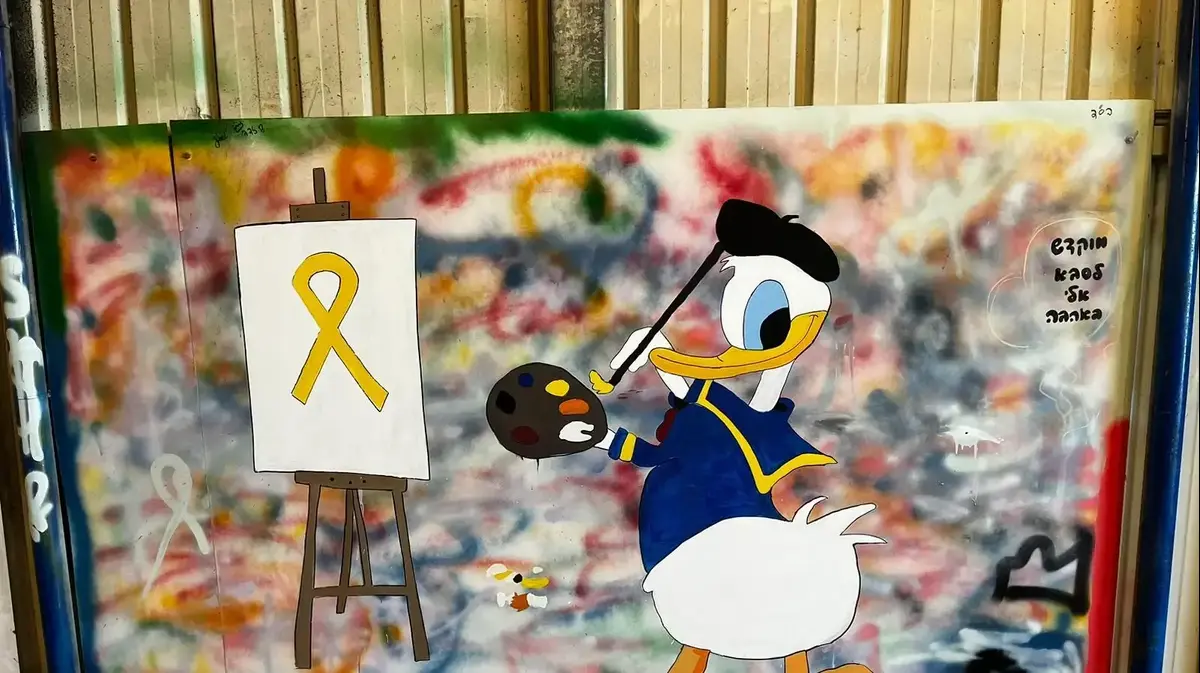
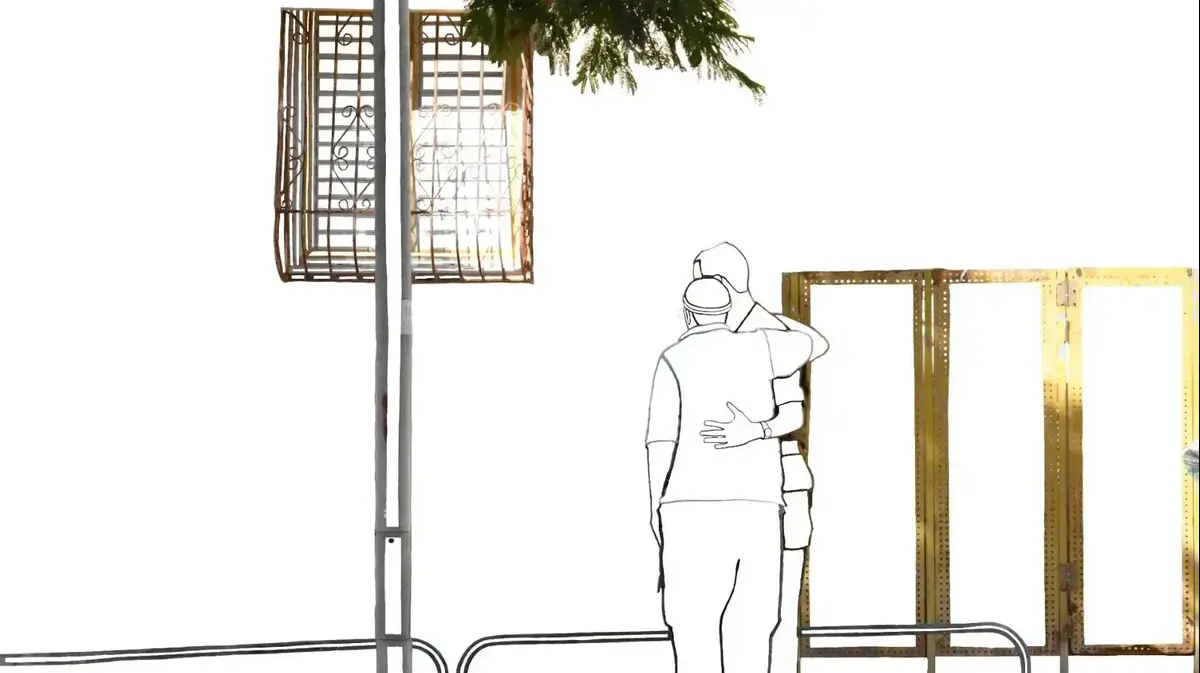

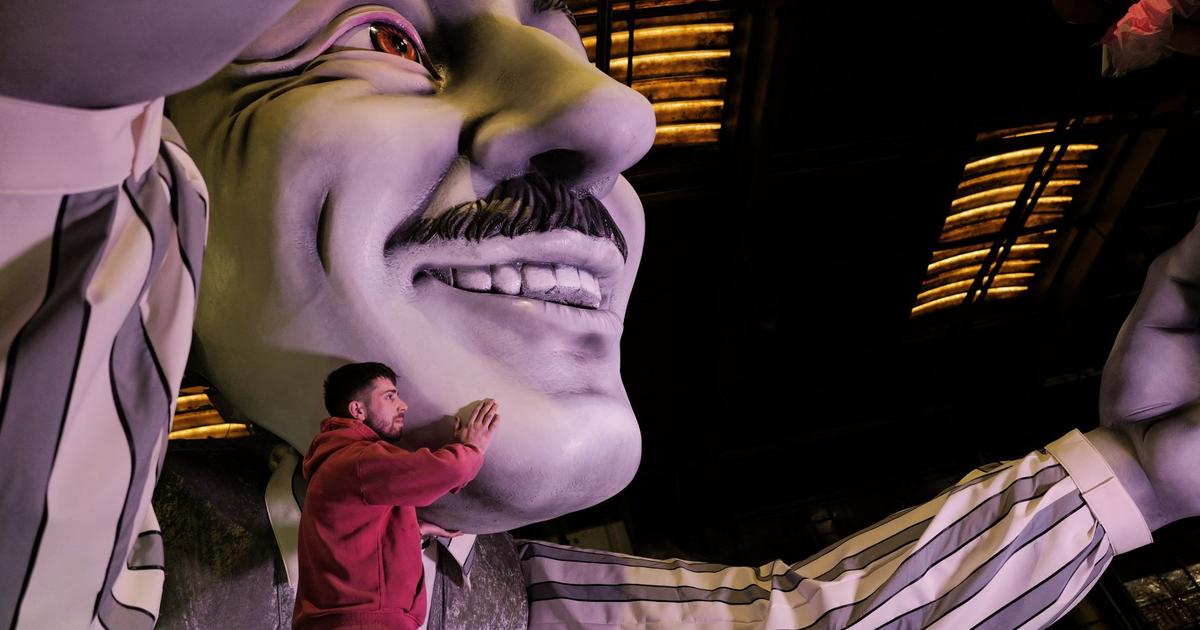
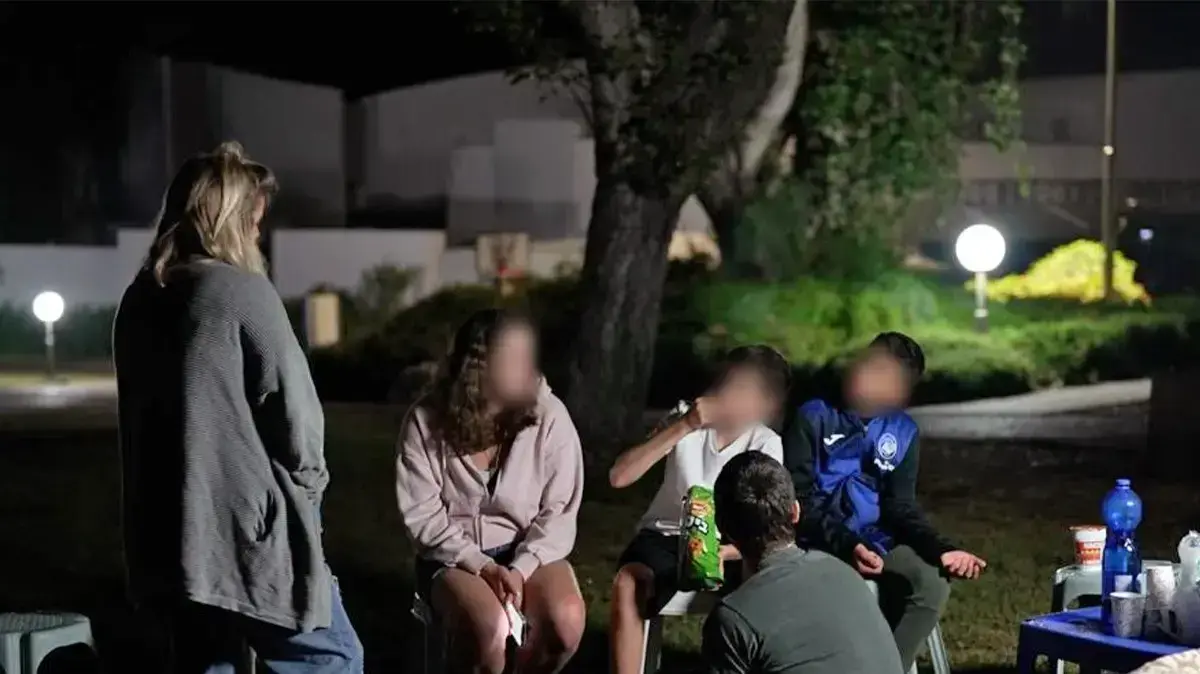
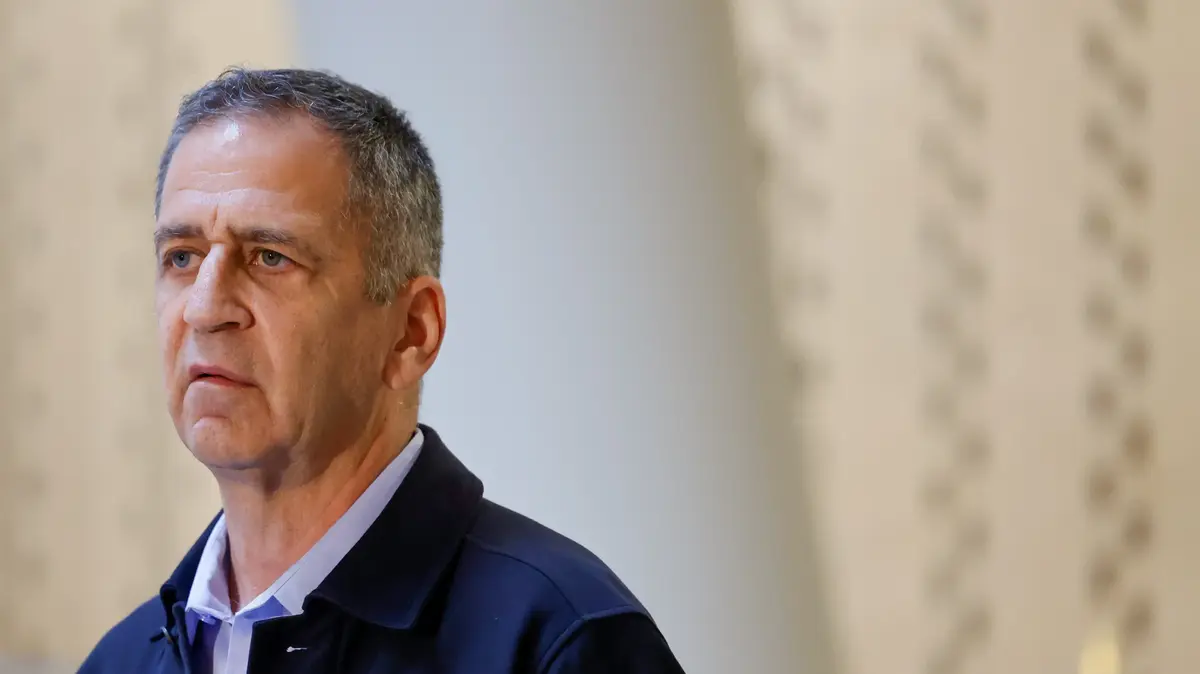
/cloudfront-eu-central-1.images.arcpublishing.com/prisa/2C5HI6YHNFHDLJSBNWHOIAS2AE.jpeg)



